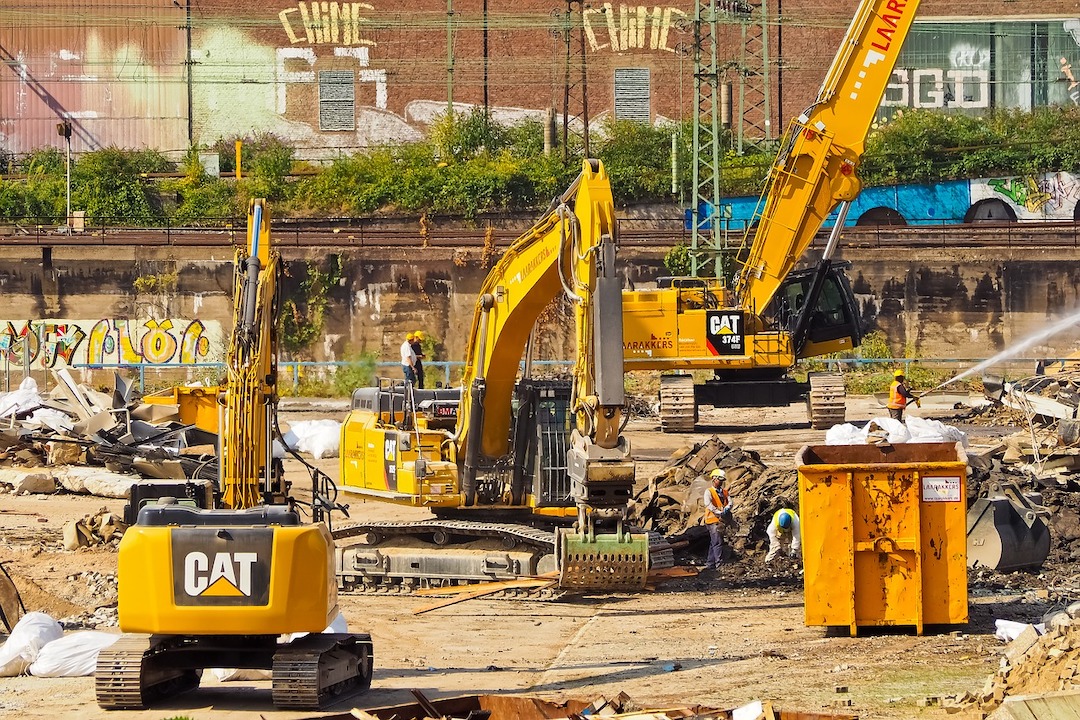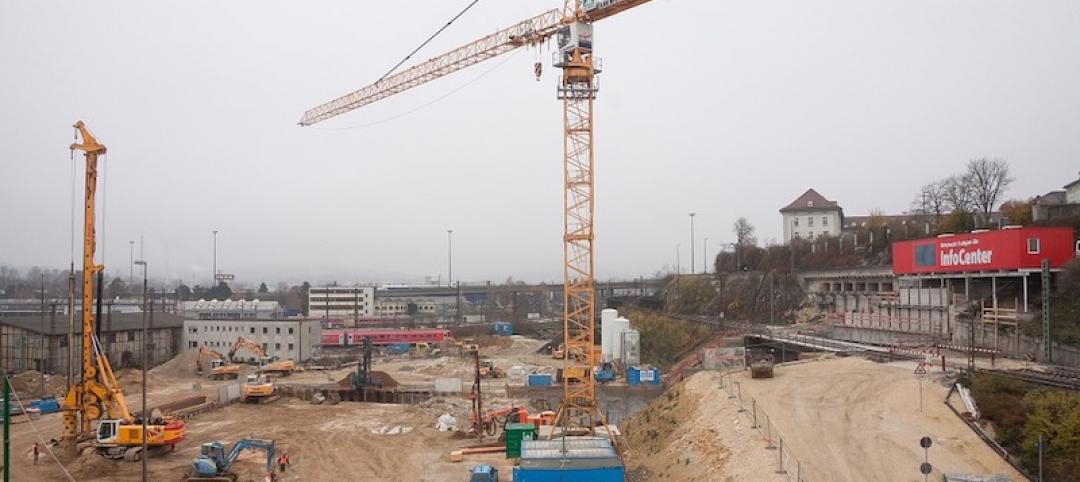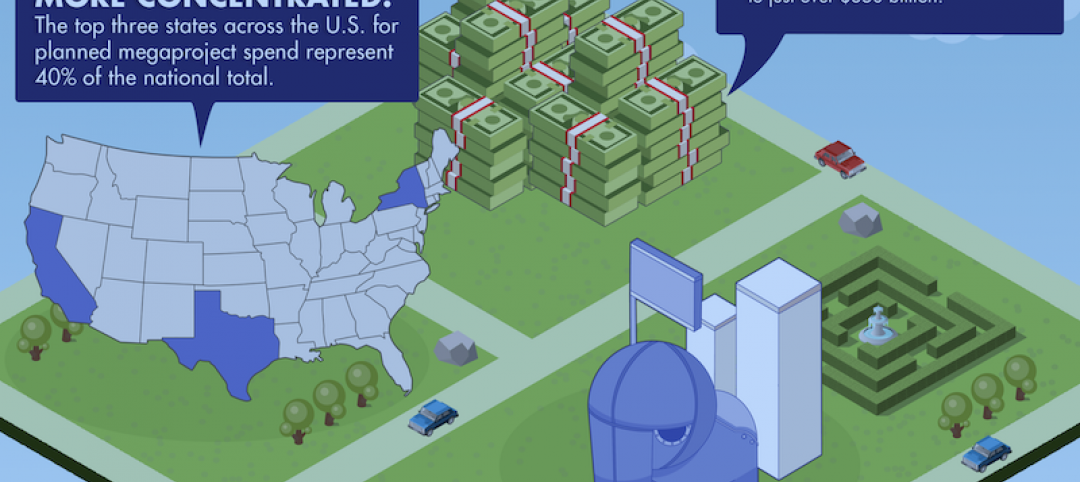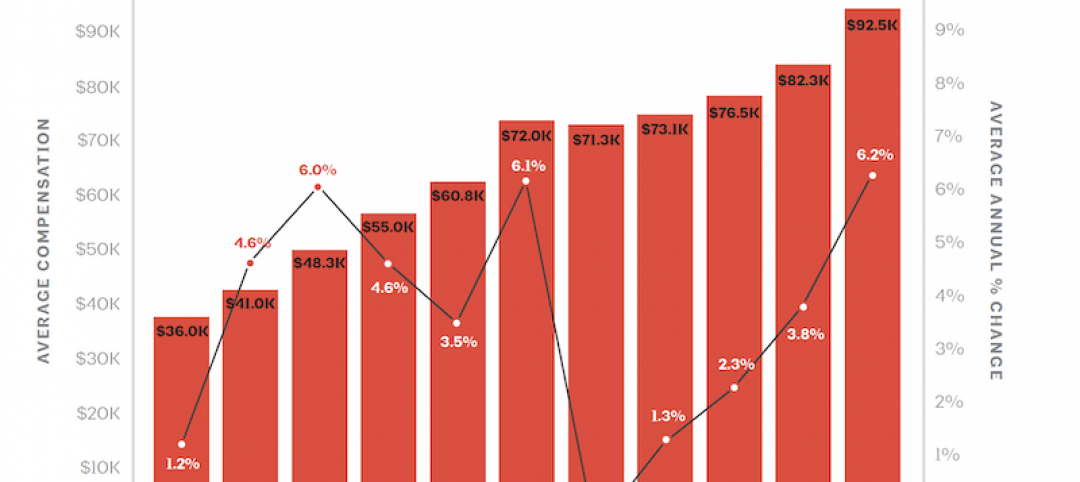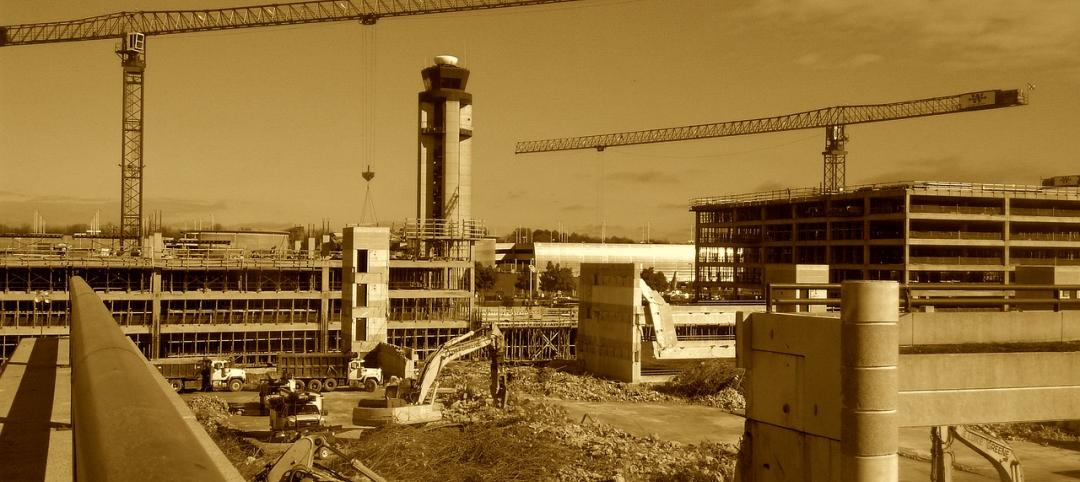Construction employment dipped by 5,000 jobs between December and January even though hourly pay rose at a record pace in the past year, according to an analysis by the Associated General Contractors of America of government data released today. Association officials said future job gains are at risk from several factors that are slowing projects, as detailed in the Construction Inflation Alert that it will post on February 7.
“Contractors are struggling to fill positions as potential workers opt out of the labor market or choose other industries,” said Ken Simonson, the association’s chief economist. “In addition, soaring materials costs and unpredictable delivery times are delaying projects and holding back employment gains.”
Simonson noted that average hourly earnings in the construction industry increased 5.1% from January 2021 to last month--the steepest 12-month increase in the 15-year history of the series. The industry average of $33.80 per hour exceeded the private sector average by nearly 7%. However, competition for workers has intensified as other industries have hiked starting pay and offered working conditions that are not possible in construction, such as flexible hours or work from home.
Since January 2021 the industry has added 163,000 employees despite the decline last month. But the number of unemployed jobseekers among former construction workers shrank by 229,000 over that time, indicating workers are leaving the workforce altogether or taking jobs in other sectors, Simonson added.
Construction employment totaled 7,523,000 last month, which was 101,000 jobs or 1.3% less than in pre-pandemic peak month of February 2020. However, the totals mask large differences between residential and nonresidential segments of the industry, Simonson said.
Nonresidential construction firms--general building contractors, specialty trade contractors, and heavy and civil engineering construction firms--lost 9,000 employees in January. Nonresidential employment remains 213,000 below the pre-pandemic peak set in February 2020. In contrast, employment in residential construction--comprising homebuilding and remodeling firms--edged up by 4,400 jobs in January and topped the February 2020 level by 112,000.
Association officials said the Construction Hiring and Business Outlook survey that it released in January showed most contractors expect to add employees in 2022 but overwhelmingly find it difficult to find qualified workers. The association will shortly post an updated Construction Inflation Alert to inform owners, officials, and others about the challenges the industry is experiencing with employment, materials costs, and delays.
“Construction firms are struggling to find workers to hire even as they are being forced to cope with rising materials prices and ongoing supply chain disruptions,” said Stephen E. Sandherr, the association’s chief executive officer. “But instead of addressing those challenges, the Biden administration is adding to these problems with a new executive order that will inflate the cost of construction, discriminate against most workers and undermine the collective bargaining process.”
View the construction employment table. View the association’s Outlook survey.
Related Stories
Market Data | Oct 2, 2019
Spending on nonresidential construction takes a step back in August
Office, healthcare, and public safety are among the fastest-growing sectors, according to the U.S. Census Bureau's latest report.
Market Data | Sep 27, 2019
The global hotel construction pipeline ascends to new record highs
With the exception of Latin America, all regions of the globe either continued to set record high pipeline counts or have already settled into topping-out formations amidst concerns of a worldwide economic slowdown.
Market Data | Sep 25, 2019
Senate introduces The School Safety Clearinghouse Act
Legislation would create a federally funded and housed informational resource on safer school designs.
Market Data | Sep 18, 2019
Substantial decline in Architecture Billings
August report suggests greatest weakness in design activity in several years.
Market Data | Sep 17, 2019
ABC’s Construction Backlog Indicator inches lower in July
Backlog in the heavy industrial category increased by 2.3 months and now stands at its highest level in the history of the CBI series.
Market Data | Sep 13, 2019
Spending on megaprojects, already on the rise, could spike hard in the coming years
A new FMI report anticipates that megaprojects will account for one-fifth of annual construction spending within the next decade.
Architects | Sep 11, 2019
Buoyed by construction activity, architect compensation continues to see healthy gains
The latest AIA report breaks down its survey data by 44 positions and 28 metros.
Market Data | Sep 11, 2019
New 2030 Commitment report findings emphasize need for climate action
Profession must double down on efforts to meet 2030 targets.
Market Data | Sep 10, 2019
Apartment buildings and their residents contribute $3.4 trillion to the national economy
New data show how different aspects of the apartment industry positively impact national, state and local economies.
Market Data | Sep 3, 2019
Nonresidential construction spending slips in July 2019, but still surpasses $776 billion
Construction spending declined 0.3% in July, totaling $776 billion on a seasonally adjusted annualized basis.


